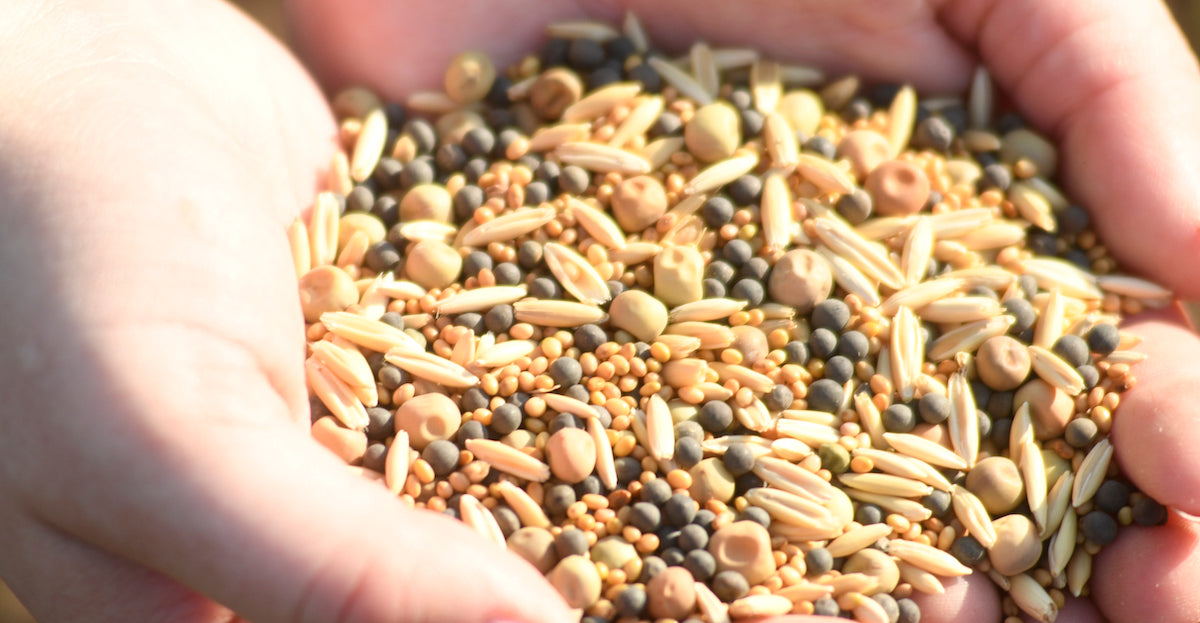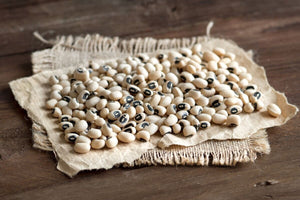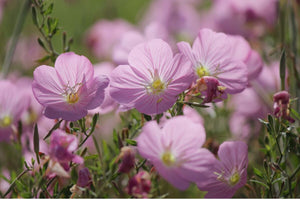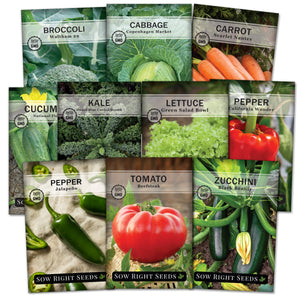Heirloom Seeds: What They Are and Why You'll Love Growing Them
Beginner gardeningWhat are heirloom seeds, and why do gardeners love them? Unlike modern hybrids, heirloom seeds have been carefully preserved and passed down through generations for their unique traits. These open-pollinated seeds offer incredible flavor, genetic diversity, and a direct connection to the past.

Quick Links:
What are Heirloom Seeds?
The name gives you a hint: heirloom seeds are old-fashioned seeds that have been handed down from generation to generation. Most heirloom seeds are at least 50 years old and sometimes much older.
Clearly, the seeds themselves are not that old, or they wouldn’t germinate. However, it does mean that these seeds have a history and have been carefully cultivated over decades, centuries, or even millennia! These are the flavors your grandparents enjoyed and their grandparents before that!
Since the heirloom plants are open-pollinated through natural processes, they breed true. The child plant will be the same kind of plant as the parents. While growers may select the plants with the best traits to provide seeds, they are not fundamentally changing the type of plant or variety.

Benefits of Growing Heirloom Seeds
Why should you grow heirloom seeds? Heirloom plants have so many benefits! Let’s look at some of the most important reasons to grow heirloom seeds.
-
Better Flavor. All of those years of careful cultivation add up. The produce from heirloom seeds is generally more flavorful and robust, and you can tell the difference with every bite. Some mass-produced hybrids have been developed for storage and shipping instead of the best flavor.
-
A Wider Selection. Heirloom seeds give the home gardener much more choice and selection to explore. Heirloom tomatoes such as Black Krim and Cherokee Purple are ones you won't find just anywhere. There are also a wide variety of heirloom watermelons that are colorful and sweet.
-
More Nutrition. Heirloom varieties have been shown to have better nutrient profiles, too. Better flavor and better for you? That’s a no-brainer!
-
Reliability. Heirloom seeds have generations of history behind them, meaning they’re less prone to failure, and you can depend on their yields and performance. The National Pickling Cucumber is one heirloom variety that has a very reliable history.
-
Less Expensive. Hybrid seeds cost more because they have to be cross-pollinated anew every generation. In addition to paying more upfront, you can't save the seeds for planting next season.
-
Seed Saving and Sustainability. Since heirloom seeds breed true, you can save seeds from your best plants to grow next year! This is especially valuable for heirloom flowers like zinnias and marigolds, which are easy to collect and save seeds from.
-
Preserve Varieties and Biodiversity. Many heirloom varieties are rare or at risk of disappearing. Some heirlooms have lost popularity over the years, which is a shame. The more of these heirlooms that are grown and enjoyed, the better. Lovage and white sage are heirloom herbs that deserve more attention.
- Preserving History. It’s really fun to reconnect with old varieties from the past that you just wouldn’t get to enjoy otherwise. Knowing that your great-great-great grandparents probably ate food very similar to this is a direct connection to the past.

Heirloom Seeds vs. Hybrid and GMO Seeds
Not all seeds are created equal! While heirloom seeds have been passed down for generations, hybrid and GMO seeds are created through modern breeding techniques. Here's how they compare:
Hybrid Seeds:
Hybrid seeds are created by crossing two different plant varieties to create a new hybrid with desirable traits. However, unlike heirloom seeds, hybrids don't breed true. This means that if you save their seeds to grow, the hybrid plants typically revert to an ancestor of one of the parent plants rather than returning as the same variety as the seed you grew. If you see a seed labeled as “F1”, that means it is a first-generation hybrid and not an heirloom variety.
GMO Seeds:
Genetically modified organisms (GMOs) are created using biotechnology methods to alter a plant's DNA for specific traits such as disease resistance or pesticide tolerance. This type of genetic engineering involves direct gene manipulation in a lab, and these seeds are patented by the company that created them. GMO seeds aren’t available to the public for widespread use, so you don’t have to worry about accidentally buying them.
FAQs
Can I save seeds from heirloom plants?
Yes! That is one of the best things about growing heirloom plants. You will be able to save the seeds and grow your favorite herbs, vegetables, and flowers again and again.
Do heirloom seeds produce better-tasting vegetables?
We believe heirloom vegetables taste better. The varieties we sell are chosen for their popularity. Unlike some hybrids, popular heirlooms are passed down because of their flavor.
Where can I buy heirloom seeds?
Sow Right Seeds sells open-pollinated heirloom seeds for herbs, flowers, and vegetables. Our seeds are guaranteed to grow.

At Sow Right Seeds, we're proud to offer only open-pollinated heirloom seeds. In addition to heirloom vegetables, we have heirloom seeds for flowers, herbs, and even cover crops. By growing our seeds, you’re tasting the flavors of the past, preserving history, and ensuring biodiversity for future generations. These time-honored varieties have been passed down for a reason- they're tried and true favorites that deserve a place in everyone’s garden!







Hi Jack. We offer a wide variety of heirloom seeds. You can pick and choose individual varieties.
Hello my name is Jack my Daughter is ordering my tower today and we want to buy seeds but want to pick what we want
Leave a comment